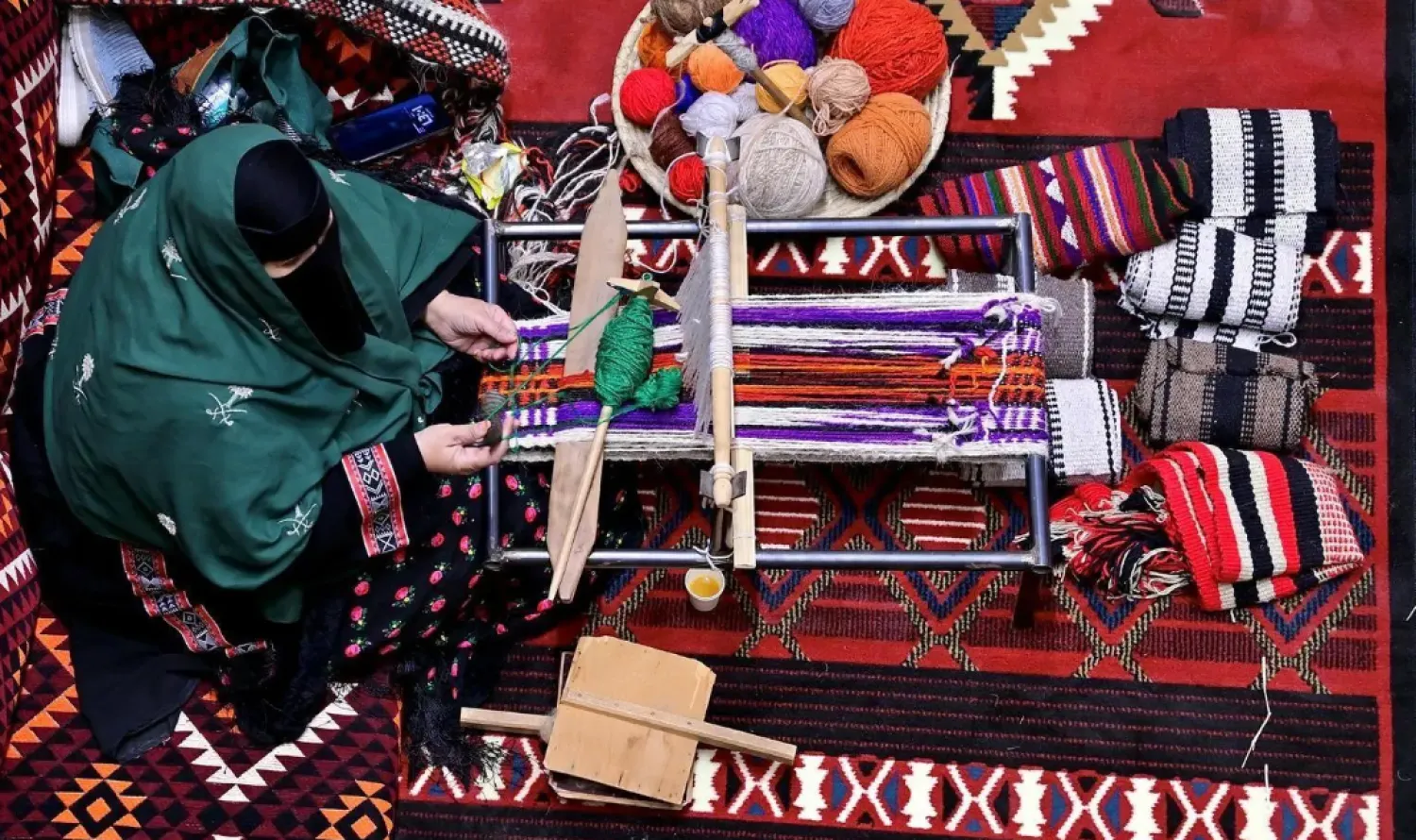Despite being declared a World Heritage Site by UNESCO, the Yemeni city of Zabid is facing increased danger due to neglect of the Iran-backed Houthi militias, who run the historic town.
The Houthis have failed to protect and preserve all heritage sites in areas under their control, as seen with the damage to Old Sanaa’s architecture and the risk of further destruction and artifact trafficking.
Recently, heavy rains caused the northern part of the old market’s roof in Zabid, a city in western Hodeidah province, to collapse. Residents have closed off the area to prevent further damage and potential collapses.
Last week, residents of Zabid reported serious damage to the northern part of a historic corridor to local authorities and the Houthi-controlled Historic Cities Preservation Authority, but no significant action has been taken.
Residents have also asked UNESCO to step in and help save the city’s landmarks from being removed from the World Heritage List.
Four years ago, heavy rains caused several archaeological sites to collapse and damaged many homes in Zabid. Cultural activists have called on the UN to protect the city from further harm.
Zabid, which was Yemen’s capital in the 13th to 15th centuries, was listed as a World Heritage Site by UNESCO in 1993 but was moved to the List of World Heritage in Danger in 2000 due to construction violations and damage to its historic sites.
The city was a major intellectual hub in the Islamic world, with 85 Islamic schools representing various religious and philosophical traditions.
Many of these schools still exist and house rare manuscripts and important texts. The city also features historic sites and symbols that highlight its former prominence in the region.
UNESCO plans to restore 400 historic homes in four Yemeni cities this year, with 100 homes in each city: Old Sanaa, Aden, Zabid, and Shibam Hadramawt, according to Khaled Salah, Director of UNESCO’s Gulf States and Yemen office.
Salah revealed discussions with the UN Office for Project Services about urgent sanitation upgrades in Old Sanaa. The outdated sewage system poses a risk of collapse due to unstable ground beneath the homes.
UNESCO is working to encourage donors to increase support for Yemen, focusing on expanding development projects and preserving cultural and historic sites.









